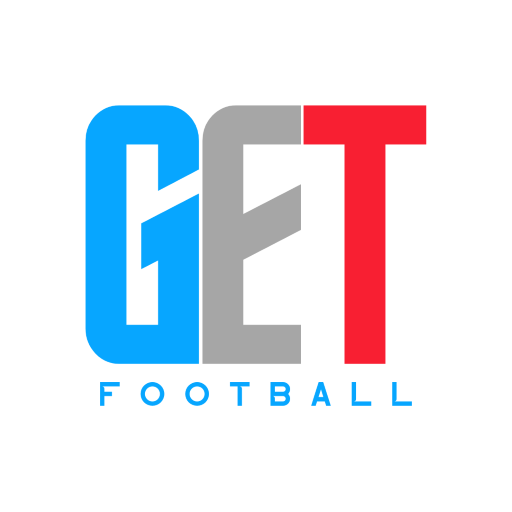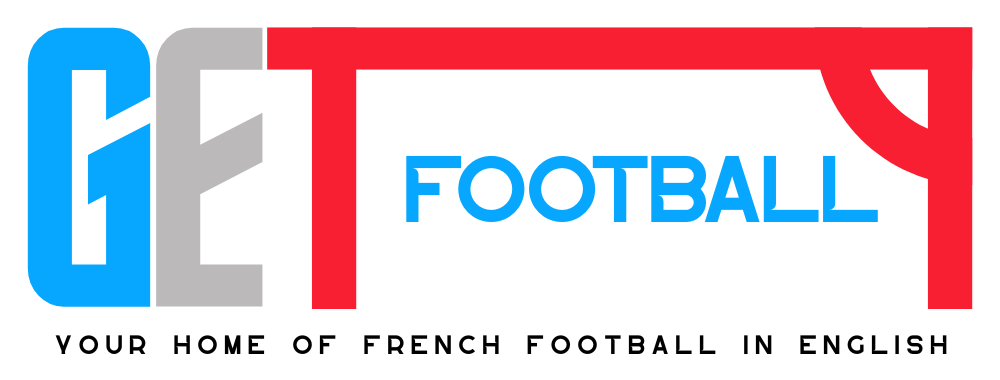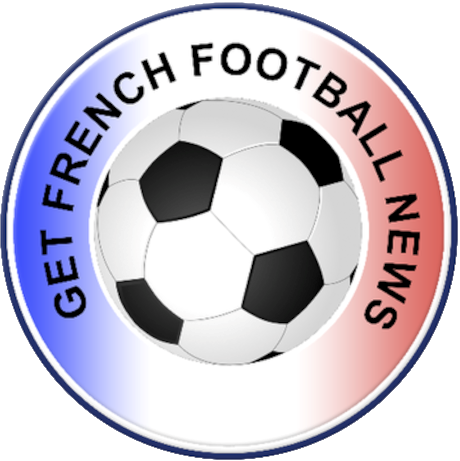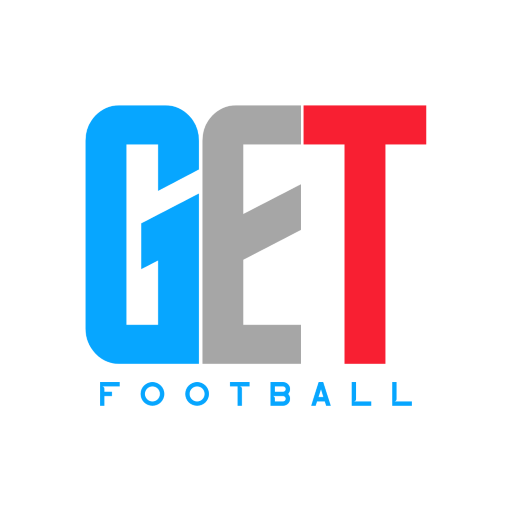INEOS owner Sir Jim Ratcliffe looks set to secure a 25% minority stake in Manchester United and secure control of the Premier League side’s sporting operations in the process, as reported by The Times. Whilst INEOS’ management of OGC Nice has rightly come in for criticism, an overdue realignment of the club’s project in recent months offers room for optimism.
INEOS weren’t lacking in ambition when they arrived at the Riviera club in 2019. Prior to the club’s acquisition, Nice had finished in the top four three times in the previous six seasons. The arrival of significant investment alluded at least to a continuation of that relative success.
However, Nice’s new ownership harboured loftier objectives. “Our aim is to be in the Champions League in 3 to 5 years. We want to challenge PSG,” said INEOS upon completing the purchase of the club.
Those objectives have never been realised; some would even argue that Nice have since gone backwards. Last season was a particularly low point. After achieving European football under Christophe Galtier the previous season, Lucien Favre returned to the club. The Swiss manager is remembered fondly at the Allianz Riviera, but his appointment was a considerable missed step. Granted, a haphazard transfer window put Favre on the back foot, but he never looked like bettering or even replicating the form shown by Les Aiglons in the previous season.
A realignment of objectives
He didn’t last long. A humbling defeat to Le Puy in the Coupe de France proved the final straw. Didier Digard came in, and upon the unveiling of the interim manager, new sporting director Florent Ghisolfi sought to allay expectations, stating that there was “no pressure for results.” The season was essentially written off before the halfway mark.
But amongst a series of missed steps, the appointment of Ghisolfi last October certainly wasn’t one of them. The Frenchman, highly praised for his work at RC Lens, acknowledged the need to rebuild.
“To build, you sometimes have to deconstruct,” said Ghisolfi at Digard’s unveiling back in January. That deconstruction has taken part on multiple levels, the first of which included realigning the club’s objectives, which seemed to have heavily weighed on everyone at the club.
“I think at some point you have to be clear in what you’re saying. To maintain a project, maybe you need to speak less about objectives and work in silence to create an environment of competitors. Because the expectation is even bigger, and then after, people are frustrated,” said club captain Dante in May.
Nice’s expectations have since been revised downwards, arguably to a more realistic level. “Today, the very ambitious project is no longer on the agenda […] The ambition is no longer to challenge PSG; the ambition is Europe,” said club president Jean-Pierre Rivère in July.
Brailsford’s diminishing role
Since that announcement, results on the pitch have improved. Le Gym currently sit 2nd in Ligue 1 and are just one point off league leaders and local rivals AS Monaco. But a large reason for the club’s on-pitch success is linked to not only the realignment of objectives but a much-needed restructuring.
Dave Brailsford had played a key role in the running of the club, notably overseeing an audit of the club back in the summer of 2022. He was also – for a time – at the forefront of Nice’s search for a new manager last summer. As reported by Get French Football News, Brailsford’s priority to replace Digard was former Chelsea manager Graham Potter. This opinion was at odds with sporting director Ghisolfi. Nice’s abandonment in their pursuit of Potter was reflective of Brailsford’s diminished role at the club; Ghisolfi now truly holds the reins. His choice – Francesco Farioli – is currently proving to be a great success.
Delegation has been the key to Nice’s more recent success. For too long, INEOS gave too much power to those whose primary experience lay outside of football. The arrival of Jean-Claude Blanc from Paris Saint-Germain as CEO of INEOS Sports last season was another step in the right direction. Blanc is rated as one of the best sports executives in the world, with a member of the INEOS team telling L’Équipe: “He is brilliant. He is a super pro who is excellent at building relationships. His arrival is fantastic for us.”
In a world where INEOS secures a 25% share of Manchester United, Blanc would be a candidate to become CEO of the Premier League side.
Maximising assets
The new expertise in the building is yielding more intelligent decisions. Laussane Sport have been part of the INEOS ‘family’ since November 2017, however, there has been a lack of synergy between the Swiss club and Nice. The movement of players in particular is common within multi-club projects, and whilst players have moved from Nice to Laussane, few have made the opposite journey and succeeded. Could that now be about to change?
Aliou Baldé (20), a highly promising Senegalese youth international winger made the move from Lausanne to Nice this summer. He is yet to feature prominently for Les Aiglons, but he adds crucial depth to Nice’s side, and there is well-founded hope that he will become an influential player at the club.
Internally at Nice, there is also an acceptance that their academy has long since been underutilised; quite simply, too few players have made the step from the academy to the first team with the step-up in quality proving hard to bridge. Academy products Antoine Mendy and Ayoub Amraoui both made first-team appearances last season, but failed to impose themselves; both remain on the fringes of the first team, and neither have featured so far this season.
At Nice, there has been a conscious effort to optimise their academy, and this has manifested in this summer’s decision to follow the example of other elite French clubs and construct a ‘Groupe Elite.’ This decision entailed removing Nice’s reserve side from the Régionale 1. This has given the Riviera club the chance to involve its academy side in the Premier League International Cup, providing valuable experiences to their prospects and giving the club flexibility to make the decisions and organise a schedule that best facilitates the development of their youth players. The appointment of Digard, who last season managed the first team, as manager of the ‘Groupe Élite’ is a testament to Nice’s new-found devotion to the development of young players.
There are signs, therefore, in these past months, that a corner has been turned at Nice. Many wrong steps have been made to arrive at his point, but having been made once, you’d think they wouldn’t be reproduced at Manchester United.










